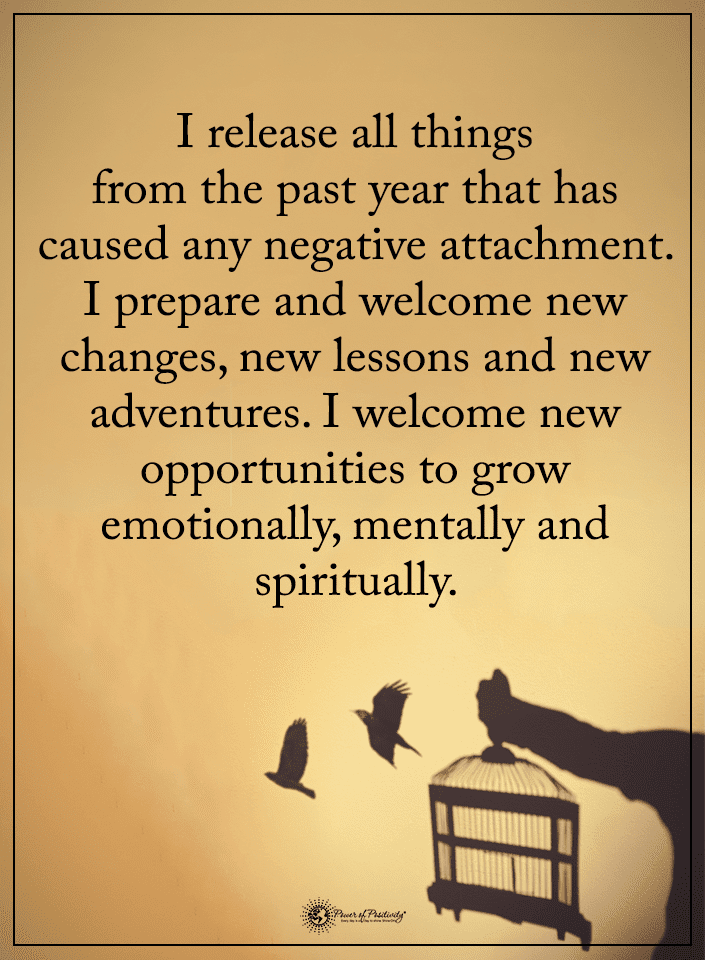Some couples seem happy all the time. No matter what they go through, they stay happily in love. What is their secret? It’s not a secret. They have learned to incorporate certain habits into their relationship. Here are ten habits that keep couples happy.
“It is not a lack of love, but a lack of friendship that makes couples unhappy.” ~Power of Positivity
1. Happy couples practice good listening
Displaying good listening skills says to your partner, I care about you. Happy couples care enough to stop what they’re doing and give their full attention to what their partner is saying. Attentive listening when your partner is talking improves your relationship satisfaction. Happy couples believe that listening is essential, and they practice healthy listening skills. Some good listening skills include the following:
- Get rid of distractions: Turn off your phone, the television and find a quiet location to talk.
- Use total body language: Look at your partner’s eyes, lean forward, and don’t fidget while they talk.
- Ask questions: After they finish, be sure to ask questions to clarify what they said. Please don’t assume you understand what they’re saying. Ask good questions that tell them you want to understand.

2 – Happy couples assume the best about one another
A couple who believes the best about one another displays a level of trust. They don’t behave jealously or with mistrust. That’s because they don’t base their union on a flimsy hope, but because they know each other’s character. Over time, they have gained one another’s trust and confidence. Happy couples have mutual trust without jealousy or accusations.
To build trust in a relationship, you should practice the following good habits:
- Honest, open communication
- Keep your word in small and big things
- Show respect
- Being vulnerable enough to express your feelings
- Consistent behavior
- Being humble
- Admit when you make mistakes
3 – Happy couples laugh together
Happy couples know how to laugh together. They see the funny side of life’s everyday difficulties. They’re self-effacing, meaning they know how to laugh at themselves. This is because they don’t take themselves too seriously. These couples use humor with kindness rather than using sarcasm or mean put-downs. Laughter in a romantic relationship has a positive effect on the quality and closeness the couple feels. How can a couple learn to laugh together?
- Here are some suggestions.
- Watch a funny television show together
- Crack funny jokes about the silly things you do or say
- Create funny jokes that only the two of you understand
- Tease one another
- Be silly together
4 – Happy couples practice good communication
Good communication is essential for a happy relationship. These couples can be vulnerable with one another. They share their fears, hopes, and dreams without fear of ridicule. Good communication helps their relationship go deeper. Happy couples have meaningful conversations. This openness means you can freely share things they did that were hurtful or made you feel angry. The two of you can talk through your conflicts using good communication skills. These include
- Talk about how you feel.
- Avoid saying words like “you always” or “you never.”
- Pick your battles
- Listen to your partner
- Be willing to admit you are wrong
- Refuse to be easily offended. Your partner may have some insight that will help you.
- Agree to disagree on some subjects
5 – Happy couples give one another emotional support
Emotional support is necessary for a happy, healthy relationship. When you have emotional support in a relationship, you feel like your partner understands you and wants the best for you. Supporting your partner could mean encouraging them when they’re discouraged or having a hard day at work or school. Happy couples ask each other what they can do to help or support one another. They try to improve their relationship by reading books together, attending seminars, or listening to podcasts.
6 – Happy couples don’t blame shift
Happy, healthy couples resist the urge to blame each other when they’re feeling upset.
It’s easy to slip into blaming, especially when you’re angry. Typically, there isn’t one thing that contributes to you feeling a certain way. It can be a hard day at work, the kids causing trouble, and then your partner does something that pushes you over the edge. It’s easy to see them as the problem. Happy couples sit down and unravel what is going on instead of lashing out at one another.
7 – Happy couples show one another respect
Happy couples show respect for each other by respecting one another’s feelings, opinions, and rights. They avoid things that show disrespect, such as the following actions:
- Sarcastic put-downs
- Eye rolling at what the other partner says
- Snarky comments to questions
- Public disrespect
- Irritable comments
- Manipulation
- Happy couples display healthy respectful habits towards one another, such as
- Patience
- Kindness
- Compassion
- Apologizing
- Taking responsibility
- Forgive quickly
- Allow their partner to contribute their ideas without critiquing them
- Show respect in public

8 – Happy couples encourage each other
Encouraging words build up a relationship. It’s easy to fall into a bad habit of not expressing encouragement to your partner because you assume they know how you feel. You can encourage your partner in simple ways every day. Saying things like these can build the relationship:
- I appreciate how you handled that situation
- Thanks for caring about that as much as I do
- I appreciate your thoughtfulness
- I’m so glad we’re together
- You make me feel loved
- I missed you today
- Thanks for being such a great listener
9 – Happy couples are committed to the relationship
A common habit of happy couples is a commitment to their relationship. They both want the relationship to succeed and will work towards that goal. They use language and do things that show their commitment to the relationship. These things include
- These couples say “we” instead of “I.”
- They build up rather than tearing one another down.
- They are willing to do the hard work for their relationship like reading books on relationships, attending couples’ seminars, or getting counseling if necessary.
- These couples aren’t looking around for other potential partners.
10 – Happy couples don’t always feel “in love” with one another
Contrary to popular opinion, being in a relationship doesn’t mean you always have lovey-dovey feelings. Sometimes the other person makes you mad. This doesn’t cancel out your love for them. All relationships have their ups and downs. Being “in love” generally means having butterflies in your stomach or a strong physical attraction. You may still feel attracted to your partner, but it may not have the same intensity. Love means commitment and keeping your promises. It’s more than a feeling. It’s an emotional connection to the other person and the best companion you can be to them.
People in Successful Relationships Avoid These Behaviors
Happy couples have positive habits that contribute to the happiness of their relationship. But what are some things they don’t do? Here are a few things they avoid.
They don’t gossip about one another:
It can be tempting to discuss personal things about your partner with your friends. You may not even realize you’re gossiping about them. A good question to ask yourself before you say something is, “Would I like it if my partner shared this information about you with their friends?” Your close friends don’t need to know stuff about your partner unless they’ve told you it’s okay to share it.
Keeping score of mistakes:
Everyone makes mistakes. Keeping track of your partner’s mistakes serves no purpose other than to point the finger at them. It does little to help your relationship. Instead, it will tear it down. Keeping track of your partner’s mistakes lifts you as if you’re superior to them, so you look as if you’ve never made a mistake. Happy couples don’t keep track because it takes away their happiness.
Keeping their relationship first and the kids second
Couples with kids know that it’s easy to focus on their kids all the time. Your kids have plenty of needs, but it’s essential to keep your relationship first and foremost. You can keep your relationships first by incorporating simple habits into your week, such as the following relationship-strengthening activities:
- Scheduling a date night every week.
- Cuddling together on the sofa to watch a show.
- Go for a walk without the kids after dinner.
- Smile at one another across the dinner table.

Final Thoughts on the Things That Keep Couples Happy
Those couples that seem so happy aren’t perfect. But they have learned the secret of practicing habits that help their relationship grow strong. They understand that feeling “in love” isn’t necessarily as important as showing respect, encouraging each other, and giving one another emotional support. They know how to avoid gossiping about one another, letting the kids take center stage in their lives, and keeping track of one another’s mistakes. Most of all, these couples know that being happy together doesn’t just occur. It takes lots of work and a wholehearted commitment to being a happy couple.









